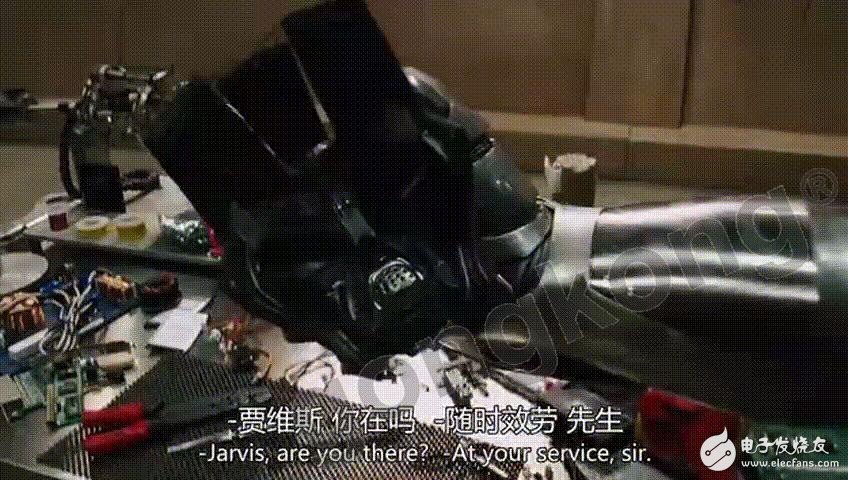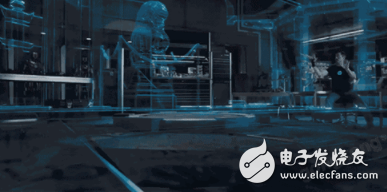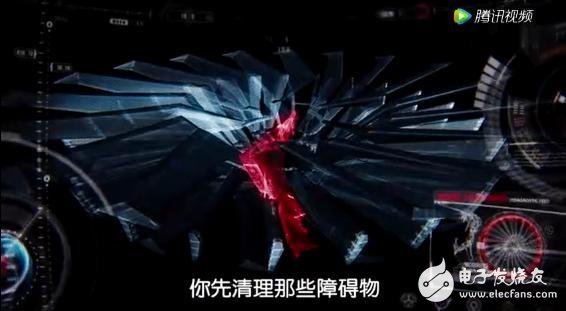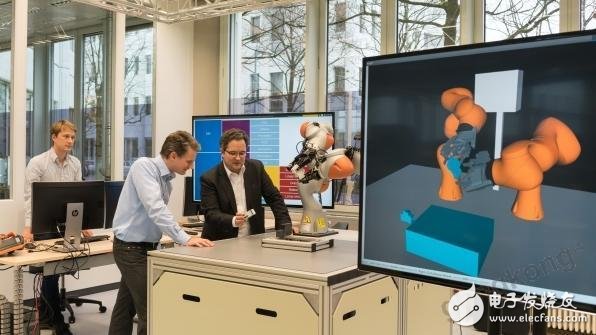Artificial intelligence is rapidly advancing across various industries, triggering a new wave of digital transformation. Its emergence has brought about significant changes, and the integration of intelligence with industry has captured global attention. Artificial intelligence has quietly taken root in the industrial sector, and the challenge now lies in transitioning from "artificial intelligence" to "industrial intelligence." We are committed to working harder to achieve this transformation.
When we first encountered artificial intelligence, it was through the 2008 Marvel film *Iron Man*. In the movie, "Jarvis" became one of the most iconic representations of an AI system. It combined advanced AR technology and voice recognition to visualize data before battles, analyze situations, predict maintenance needs, and even perform self-diagnosis during combat.

Since the concept of "thinking machines" emerged in the 1950s, artificial intelligence struggled to make breakthroughs until the past decade. Thanks to rapid technological development, what was once fictional—like Jarvis—has now become part of our daily lives. There's no doubt that AI is driving a new wave of digital revolution, impacting both industrial and civilian sectors.
What can artificial intelligence do? Today, AI technology is evolving quickly across multiple fields. When people think of AI in the industrial context, they often imagine industrial robots. In the consumer world, it’s the Siri feature on iPhones, which has transformed how we interact with technology and significantly impacted daily life.
We focus on AI applications in the industrial field, which can be categorized into three main areas:
First, simple visual analysis of application data. This includes collecting and storing operational data (such as temperature, speed, energy consumption, and productivity) for secondary analysis. It helps optimize energy use, detect equipment anomalies early, and implement measures to reduce energy consumption.

Second, enabling machines to self-diagnose. For example, if a production line triggers a fault alarm, the machine can identify the problem, determine its cause, and even suggest solutions based on historical maintenance records. Some systems can even resolve issues autonomously and restore operations.

Third, predictive maintenance. AI allows us to anticipate potential problems before they occur, which is crucial in industrial settings where sudden failures can lead to significant losses. By analyzing historical data, machines can predict when a tool will need replacement, allowing for timely preparation and minimizing downtime.
Artificial intelligence has quietly made its way into the industrial field. In 2017, Alibaba's ET Industrial Brain was among the first AI systems to enter workshops. GCL, a photovoltaic material manufacturer, partnered with Alibaba Cloud to improve yield by 1% and save millions annually. This collaboration marked a significant innovation in China’s manufacturing industry.
Companies are increasingly adopting AI in the industrial sector. Siemens, a leader in automation, has developed robots capable of working independently without programming. These robots can interpret CAD/CAM models and perform tasks like single-piece custom production, reducing the need for complex programming.

GE has also embraced AI, becoming the world's first fully digital power company. Through its Predix platform, GE monitors and optimizes power plants, improving reliability and efficiency. Similarly, Rockwell Automation is investing in AI-driven industrial automation, partnering with startups to push the boundaries of smart manufacturing.
From "artificial intelligence" to "industrial intelligence," the fusion of these technologies is reshaping the future of industry. As IoT, sensors, and data management continue to evolve, AI is helping break the limitations of human decision-making, providing a more efficient and accurate basis for industrial operations. While AI is still developing in the industrial space, its potential to enhance productivity and reduce reliance on manual labor is undeniable. The journey from AI to industrial intelligence is just beginning, and the future holds exciting possibilities.
Guangzhou Chengwen Photoelectric Technology co.,ltd , https://www.cwleddisplay.com